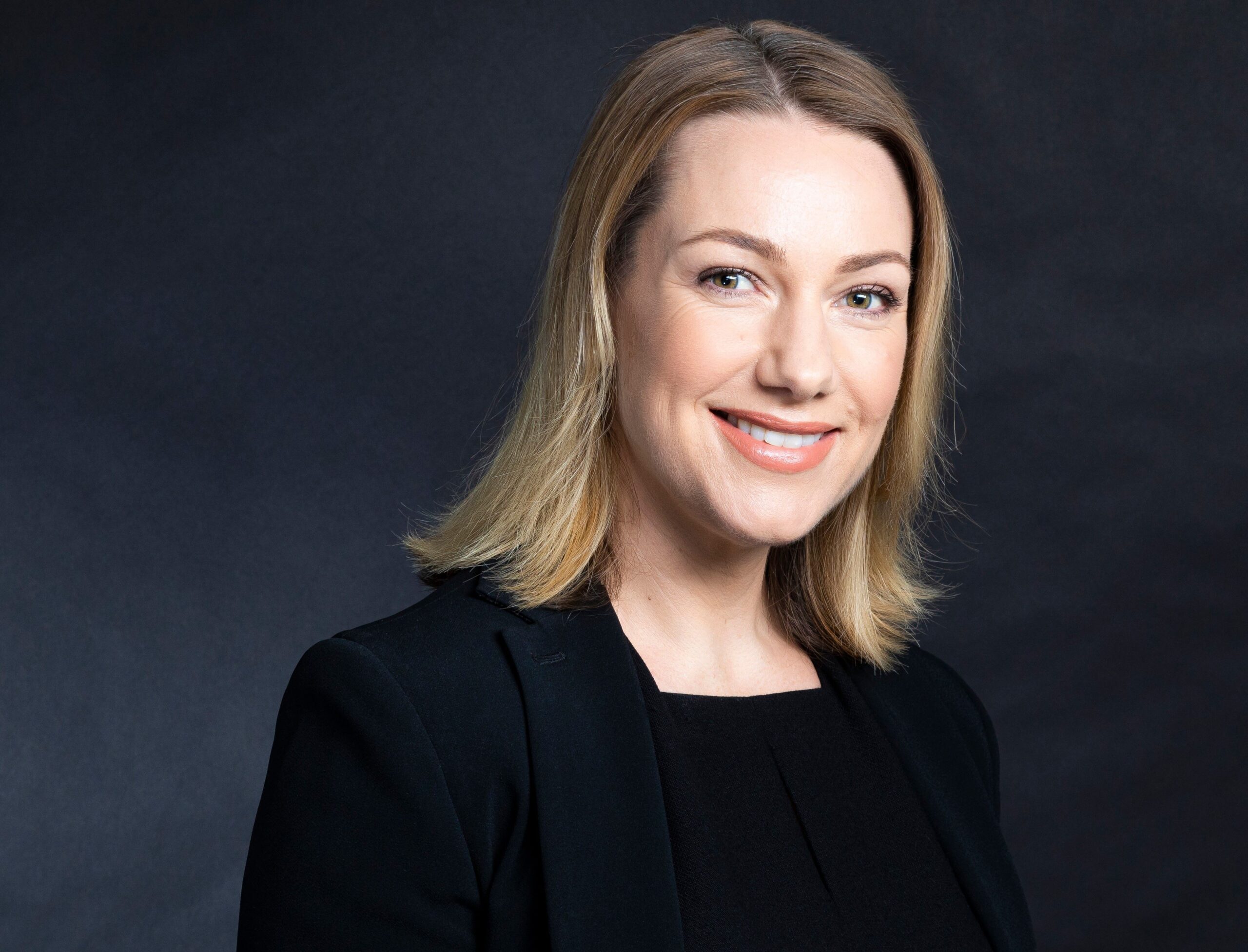Why ‘doing good’ in business can bring good
Joe Davis explains why acts of doing good can have a long-lasting impact on reputation and business performance – and are part of a much bigger trend. Recent research from […]
Joe Davis explains why acts of doing good can have a long-lasting impact on reputation and business performance – and are part of a much bigger trend.
Recent research from Deloitte shows that around 60 per cent of Millennials and Gen Zs say they plan to buy more products and services from businesses that have taken care of their workforces and have had a positive impact on society during the pandemic.
COVID-19 showed just how good businesses can be to their customers, communities and people. And it is again as we move back into lockdown.
In Aotearoa, I’m reminded of businesses such as Countdown which offered a priority shopping hour for emergency services and medical personnel. Or the telcos, which kept customers connected during lockdown by removing data caps on broadband plans and cancelled late payment fees. There are many more examples of businesses that acted with integrity during this incredibly stressful time; businesses that put people alongside profit.
These acts of doing good, while small in a global context, can have a long-lasting impact on reputation – and business performance – and are part of a much bigger trend.
Importantly, these examples aren’t irrelevant to SMEs. If we listen to the signs from big brands, we can see that ‘doing good’ is mainstreaming – and this impacts the entire business ecosystem. It has been for some time. Moves by big business reflect (and set) new expectations that consumers are holding for every brand they interact with…including your small business.
So what can SMEs take from this? I know that financially, the last few months haven’t been easy. The COVID-19 pandemic has been felt by many businesses – from hospitality and tourism to trades and real-estate. We’ve felt it at Nanogirl Labs too.
In a non-COVID world we would currently be on a global world tour with our Nanogirl Live! science theatre show. We would have just finished an Australian tour, followed by six weeks in the Middle East then two months in the UK – including a full month at the Edinburgh Fringe Festival. All of this work and our whole business as we knew it went up in smoke due to COVID-19.
But I’m optimistic. Purposeful consumption is more available and affordable than ever. Along with rising numbers of consumers around the world, you know the shift to a more ethical, sustainable consumerism is the coming trend of all trends. And that you need to be a part of what’s ahead.
The COVID-19 crisis appears to have reinforced inclinations towards purposeful consumption and that’s good news for everyone and a lesson I want other SMEs to see.
In the UK, even before the pandemic, social enterprises were outperforming traditional businesses on turnover, growth and when it comes to tackling structural inequality, according to new research. 52 per cent of social enterprises grew their turnover in the last 12 months despite Brexit uncertainty, compared with 34 percent of SMEs.
We’ve always believed that everyone, everywhere should have the opportunity to enjoy and engage in STEM (science, technology, engineering and math) and develop those skills that will be critical for jobs in the future.. Sadly we know that for millions of children around the world, extra-curricular learning opportunities like this are financially out of their reach – that’s why for every Nanogirl’s Lab subscription sold we give another to a family that wouldn’t normally have access.
That social enterprise model is fundamental to our framework and I believe has been key to keeping us not just surviving, but thriving. After we launched our lockdown product, we grew our user base by 52% per day over the three week period. That gave us the chance to bring positive learning experiences to thousands of struggling and disadvantaged families at a time when learning was being disrupted by lockdown. This good work continues today.
I’m encouraged by Kiwis’ willingness to spend with us even when their wallets were strapped. We know from some of our customers that the generosity of this system is something they really buy into. Even though our customers are mostly parents, we’ve seen many non-parents buy the product just to give the gift of learning to someone else who might not otherwise have access.
COVID-19 is having a severe impact on the economy, but while many businesses are bracing for, or facing, uncertainty and job cutting headlines are gaining traction, social enterprises can offer a window of hope.
People around the world are giving more attention than ever to how businesses treat people in challenging times. Purposeful consumption is becoming less a matter of status for those who opt in, and more a matter of shame for those who don’t. That means, regardless of your business size, you have an opportunity to show what your company is really concerned about.
When it feels like the world is falling apart, we look for the people, the companies and brands who are going to be a part of the solution, not just contributing to the noise or paying lip service to doing good. COVID-19 has given business owners an unprecedented chance to show that we are worthy of existence. We all want our customers to know that we understand them, and that we live in their world.
When we’re all competing for market share in a shrinking market, why wouldn’t you jump at the chance to make your brand the one that customers remember for all the right reasons.
Doing good can bring good; we’ve seen it already.
Joe Davis (pictured) is CEO and co-founder of Nanogirl Labs.






